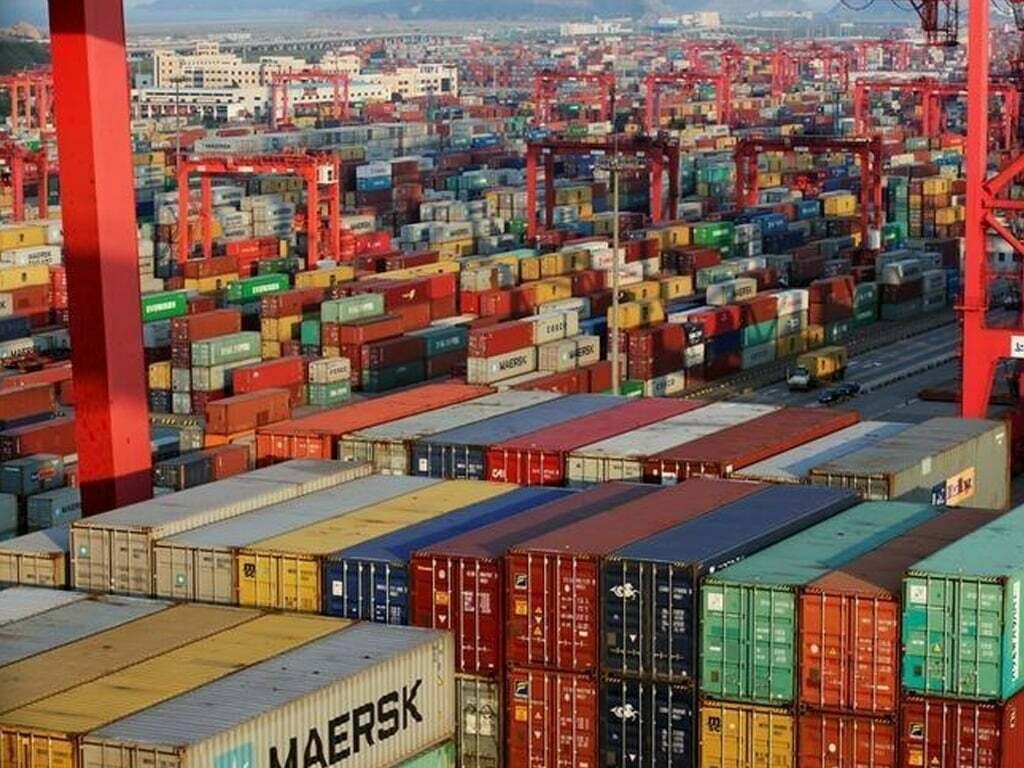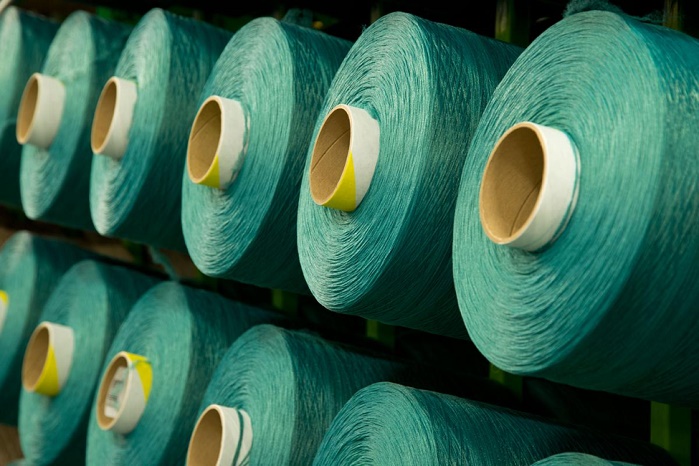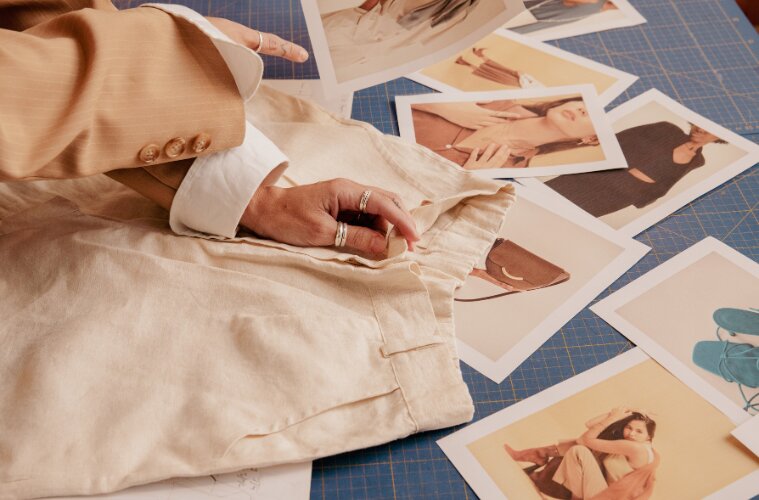"India continued to maintain top position in a row with 1,488 GOTS certified facilities. GOTS is also a part of the QCI-UNFSS India National Platform on Private Sustainability Standards, launched in 2016 by the Ministry of Commerce. GOTS representative in India Sumit Gupta is a member of the textile subcommittee in this platform. Interest in GOTS certified organic textile products is on the rise in India both among consumers and industry. India also recorded a rise in the number of brands and stores selling GOTS certified textiles."
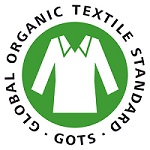
India continued to maintain top position in a row with 1,488 GOTS certified facilities. GOTS is also a part of the QCI-UNFSS India National Platform on Private Sustainability Standards, launched in 2016 by the Ministry of Commerce. GOTS representative in India Sumit Gupta is a member of the textile subcommittee in this platform. Interest in GOTS certified organic textile products is on the rise in India both among consumers and industry. India also recorded a rise in the number of brands and stores selling GOTS certified textiles. Closer home, Bangladesh maintained fourth position with 331 facilities. In fact, Dhaka hosted a successful national seminar on GOTS Certification in November 2016, which was attended by 170 people from five countries.
Increasing organic growth
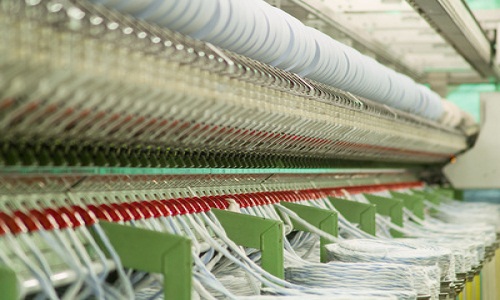
The number of GOTS certified facilities went up from 3,814 facilities in 2015 to 4,642 facilities in 2016. These are spread across 63 countries around the world. Growth is continuously is evenly spread across all market segments including the mass market and big brands. GOTS certification covers the processing of organic fibers along the entire supply chain from field to finished products.
Countries or regions with the largest increase in GOTS certification in 2016 are: Bangladesh on top with +121 units; China (+68), Italy (+54), Germany (+41), India (+47) and Pakistan (+30). The top three countries based on total number of certified entities were: India (1,488), Turkey (423), Germany (347). “The significant growth in numbers of GOTS certified facilities shows the willingness of more and more decision makers not only to drive change by complying with the strict GOTS criteria but also to prove this change by undergoing an independent third party certification,” says Herbert Ladwig, MD, GOTS. To date, the 18 GOTS accredited independent Certification Bodies report more than 1.4 million people in 4,354 (out of the actual 4,642) working in GOTS certified facilities.
For GOTS, 2016 was a revision year resulting in the release of GOTS Version 5.0 on March 1, 2017. The key changes in brief: The use of Viscose and Modal (additional fibre content) is now restricted to 10 per cent (25 per cent for sportswear and socks). Lyocell fibre made from certified organic or FSC sources may still be used up to 30 per cent because of its sustainable manufacturing processes. For the first time, GOTS will allow ‘Combined Products’ such as prams with textile fabrics, bassinets, car seats or furniture with textile fabric upholstery to have certified and labelled textile components. As for GOTS social criteria, an explicit section on Ethical Business Behaviour including a corruption ban was added, based on UN Global Compact Principles. The mandatory GOTS Social Compliance Management System for the first time includes guidance on the use of tools such as SAI Social FingerprintTM to help companies measure and improve their social performance.

